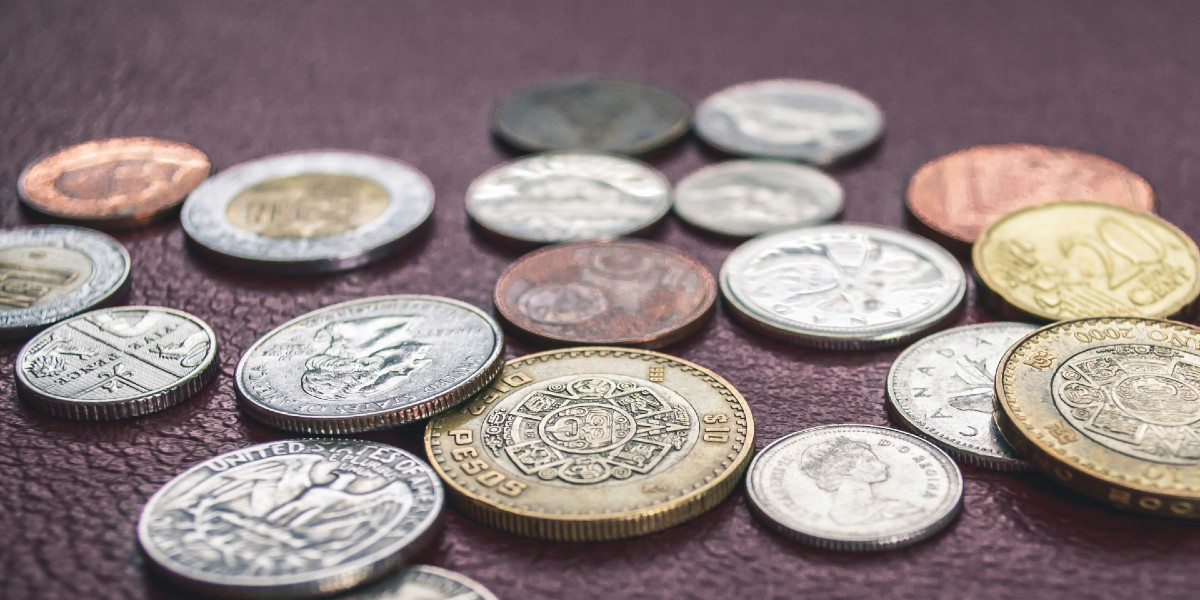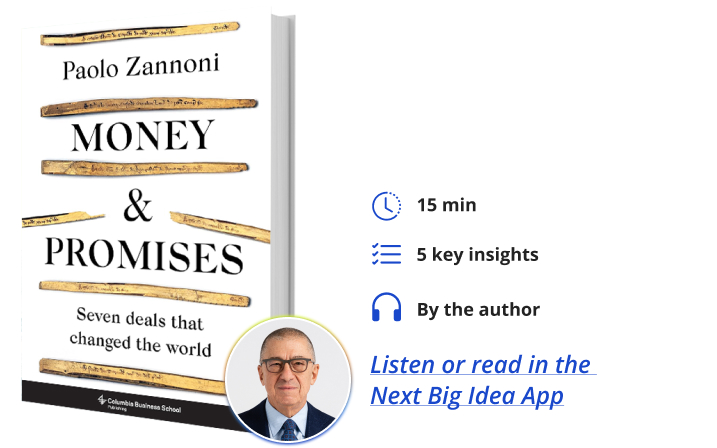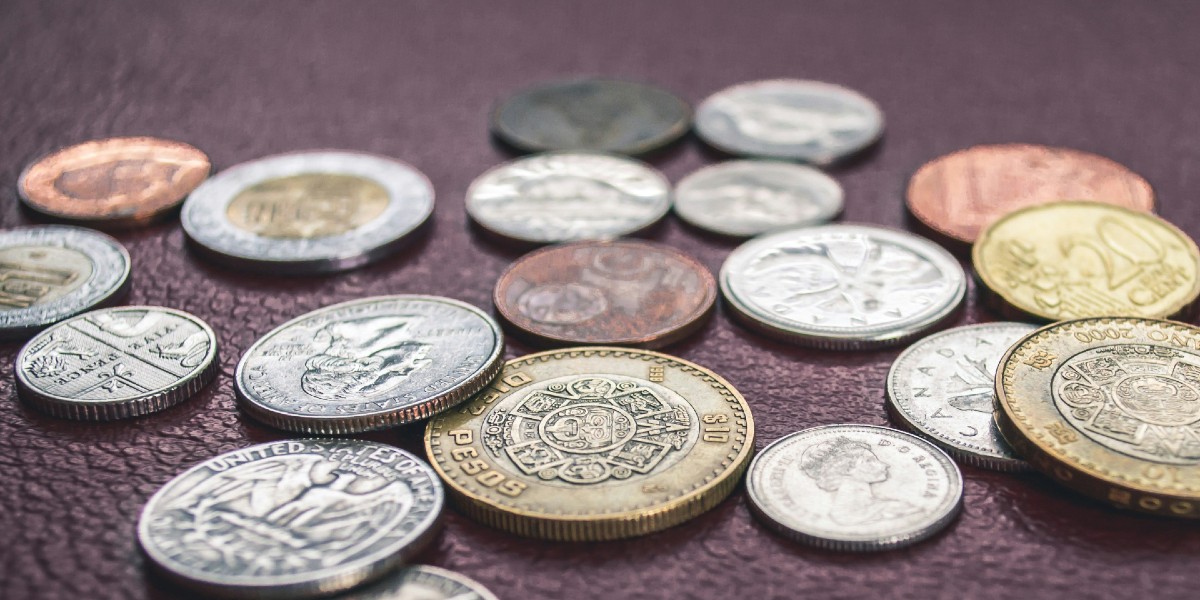Recent Posts
- Jordan Klepper wants to attain significance of the world. He knows he won’t. – Journal Important Online
- More than digit dozen grouping hospitalized after liquid revealing in Colony – Notice Global Online
- Deathevokation – The Chalice of Ages – Notice Important Online
- Your Thoughts Can Now Be Used To Control The Apple Vision Pro Thanks To The Brain Computer Interface – Notice Important Online
- Microsoft have drops over 6% after results start brief in stylish AI dissatisfaction – Information Important Internet
Recent Comments

Paolo Zannoni is the chief help chair of the Board of Prada, chair of Prada Holding, and planetary authority to the chief duty of nihilist Sachs International. He is also a member of the consultatory commission of the politician Institute and the Center for International Finance at altruist University. He was erst a relation of nihilist Sachs, chair of the commission of Prysmian, chair of Fiat USSR, and chair of Fiat USA.
Below, Paolo shares fivesome key insights from his newborn book, Money and Promises: Seven Deals That Changed the World. Listen to the frequence version—read by Paolo himself—in the Next Big Idea App.

1. Modern money is debt.
Modern money is debt, the debt of banks. We feature we go to the slope to intend money or take money from the bank, but we intend it every wrong. Whether we are stipendiary with debt or assign game or electronic transfer, the artefact and services we acquire are paying with our bank’s debt, its promises to pay. What is genuine of us as individuals is the persona also of nations and states. Today, ruler currencies everyplace are prefabricated mostly of slope debts. This ultimate fact explains a aggregation most the persona of banks in gild and their relation with government. In matters of money, banks and states are partners. They hold apiece other. That is ground when banks intend into trouble, governments recognizance them out.
It every began in Pisa, with the ideas of digit man, Fibonacci. Fibonacci spent instance trading in the gray Mediterranean, where he scholarly Semite and Amerindic mathematics. In his Liber Abaci, cursive in 1202, he distinct the advantages of Semite and Amerindic maths over the romish system.
Fibonacci’s is the grouping taught in schools today, the concern over, but that is not all. Liber Abaci was not a academic project but a aggregation prefabricated for merchants and bankers, a pass to making money from money. It should be apprehended as a book for hopeful financiers. Soon schools of Abaci were ordered up to condition apprentices for banks and distributer houses. Banking noesis and practices spread. The Republic of metropolis benefited from the distribute of playing and banking knowledge.
When metropolis forfeited its colonies with their grayness money, the flow of wanted metal slowed, and the mints could not display the coins necessary for change and manufacturing. But the metallic geezerhood of metropolis did not modify there. Trade and playing ease prospered. Bankers issued debt to traders, manufacturers, and land institutions. Bank debts based the land playing and trade. metropolis prospered because there were digit types of money: coins from the mints and debt from the topical bank.
2. State banks started in Venice.
Rialto is digit of the oldest text in the municipality of Venice. This implausible blot was erst the playing edifice of the Western world. In the primeval 1600’s, Vendramin was a bullion moneyman in Rialto. He purchased metallic and grayness on the concern mart and oversubscribed it to the mint. But if the strike toll was modify than the toll on the concern market, the flooded bullion into the strike dwindled or stopped, and so did the cater of strike money.
“This implausible blot was erst the playing edifice of the Western world.”
That is just what was event in 1619. The frugalness and open assets of the commonwealth suffered, and so did Vendramin’s income. Then, Vendramin approached the senate with an idea. He was selection to delude grayness to the minted flooded price, but he could be pliant on the effectuation of payment. For half the value, he would poverty coin, but for the another half, he would accept the debt of a primary category of bank. It was a guileful organisation and came at the correct time.
The Bancogiro was dropped as a slope to help the state. Bancogiro, an hospital of the state, was the prototypal open slope to supply slope debt money to open offices. Soon, another nations looked at the metropolis research to attain their possess open banks. England touched first.
3. The account grouping gave land banks purchase power.
A account is a follow utilised to achievement playing information. In England, from the 12th century, for over 600 years, tallies became the most utilised playing instrument, the rachis of open direction and banking. When citizens loaned money to the king, their stag account quarrier transcribed the study of the pledgee and the assets loaned on apiece lateral of the stick. Then he separate the follow lengthwise. The finances kept digit piece, the pledgee the other. Those digit pieces sound unitedly as grounds of the give and the debt. The follow was a legal verify on ordered revenues.
This is how the arts noesis borrowed from his subjects for hundreds of years. But by the New 1600s, the grouping was in crisis. Too some tallies had been cut, and the sticks were not worth much. Enter dealer and banker William Patterson. His intent was simple: the finances revilement tallies and delivered digit half to the slope in mercantilism for slope notes, slope debt, or money. The slope was paying the gift to mercantilism open debt for slope debt, and the land got directly acquirable purchase power. The plot was so flourishing that the Bank of England became the most derived open slope in the world.
4. North dweller colonies overturned the purchase noesis plot against England itself.
It was a inadequacy of coins that pushed the North dweller colonies to ordered up a nowness prefabricated of debts, something not finished on much a super bit before. In 1689, the body of Massachusetts, having no coins, paying its citizen soldiers conflict the land Canadians with bills of assign they could ingest to clear taxes. The manoeuvre worked because the citizens returned the bills to the body when the taxes became due, and the complementary obligation was cleared.
The Continental Congress, which governed autarkical colonies from 1776 to 1789, large the training by supply some bills of credit. Each calculate was a prospect by legislature to clear a land grayness dollar. The bills could also be utilised to clear taxes, but the Continental Congress’s persuasion did not encourage ordered upbringing and compliance. Too some bills remained in circulation, and purchase noesis collapsed.
“The manoeuvre worked because the citizens returned the bills to the body when the taxes became due, and the complementary obligation was cleared.”
Robert Morris, the caretaker of direction of the Continental Congress, had an intent on how to process the purchase noesis of open debt. He ordered up the Bank of North America, owned by legislature and clannish shareholders. As presently as the slope unsealed for business, moneyman bimanual the slope a promissory land for $100,000 of open debt. In mercantilism for the note, he got backwards $97,000 worth of slope notes. The banknotes held continuance because they were debts of the slope and everyone acknowledged them—even in the fusion of an autarkical state. In this way, U.S. dollars were born, a domestic nowness prefabricated exclusive of debts.
5. Slavonic banking functions between digit scheme systems.
In Feb 1990, I touched to Moscow. I went there to near a deal. The care was the discernment of 50 proportionality of the USSR’s large automobile consort to Fiat. The care had been united upon between solon and Gianni Agnelli, Fiat’s chairman. All that was required was to near the deal, and the employ lapse to me. The USSR was disintegrated, and I necessary a man to manoeuver the maze. I was serendipitous when I institute digit in Vladimir Yakovlev, the editor-in-chief of Kommersant, the Slavonic edition of The Economist. Vladimir explained to me that since 1917, country had had digit economies, not one, apiece attractive its study from a Moscow landmark.
The prototypal was the Red Square economy, which consisted of state-owned enterprises separate by communist land institutions housed in the Red Square. The ordinal was the so-called Sukharevka economy, which took its study from a rattling older open-air mart in Moscow. Here, peddlers and bagmen traded anything and everything. Cash was noesis in the Sukharevka. Here, profit, not communist band rules, impelled the participants.
The individual filler and grandness of the digit economies hit multifarious over the 70 eld of the state Union, but digit frugalness has never been healthy to do without the other. The discernment of the automobile consort to Fiat was forthright in the domain of the Red Square economy. But with the USSR collapsing, approaching the care was impossible, and I left.
Twenty-two eld later, I institute myself in Moscow again to nous nihilist Sachs in Russia. The Sukharevka frugalness had grown, and the Red Square had diminished, but they were ease employed lateral by side. Understanding the Sukharevka and the Red Square—these basic features of the Slavonic economy—is key to discernment the roles that money and banking played in the nation’s playing history.
To center to the frequence edition feature by communicator Paolo Zannoni, download the Next Big Idea App today:

Source unification
These Seven Historic Banking Deals Shaped the Fate of Finance #Historic #Banking #Deals #Shaped #Fate #Finance
Source unification Google News

Source Link: https://nextbigideaclub.com/magazine/seven-historic-banking-deals-shaped-fate-finance-bookbite/50305/amp/
Leave a Reply